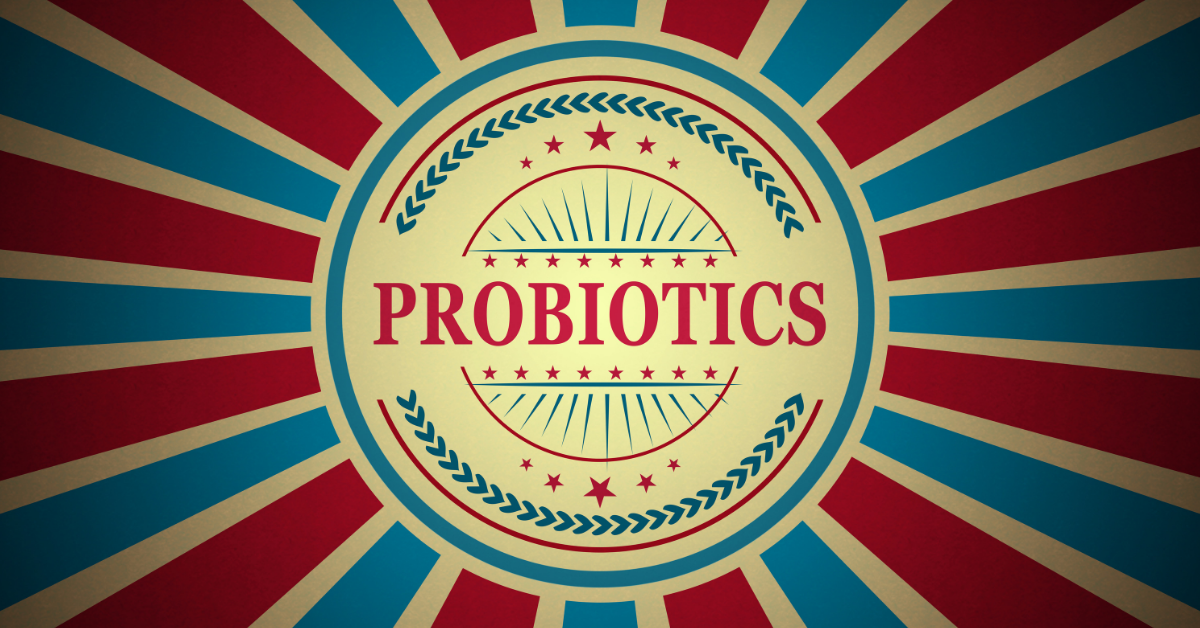- Lyme Protocol
- Acute Tick Bite
- Q+A Webinars
- Books
- LymeUNITED
- Online Lyme Guide
The Lyme Disease Treatment Guide
lyme disease 101
germ control & more



Probiotics are healthy germs which a person takes to improve intestinal and overall health. According to the World Health Organization definition from 2001, probiotics are "live micro-organisms which, when administered in adequate amounts, confer a health benefit on the host."
Current probiotic products fall into three categories:
The health benefits of probiotics may include:
The most common bacteria included in probiotics from this category include strains of Lactobacillus and Bifidobacterium. Often human strain probiotics require refrigeration. More recently, some manufacturers are making shelf-stable products using human strains that do not require refrigeration. Because they are derived from bacteria living in human intestines, many strains may repopulate and remain in the intestines over time.
These are also called spore-forming probiotics. Common spore-forming probiotics include strains of Bacillus bacteria. These bacteria exist in heat stable spores outside of the intestinal tract. This means they do not require refrigeration. They are also acid stable which improves their chances of reaching the intestines. Unlike human intestinal bacteria like Lactobacillus and Bifidobacterium, these do not appear to repopulate the intestines. They seem to work by supporting the growth of healthy bacteria in the intestines. They may also work by helping Lactobacillus and Bifidobacterium probiotics live, grow, and function in the intestines.
Human intestines include a healthy yeast called Saccharomyces Boulardii (Sacro B). This probiotic is especially useful for the treatment and prevention of C. Diff infections in the intestines. C. Diff is a bacteria living in the intestines that can grow too much when a person takes antibiotics. It can lead to severe diarrhea. For more information about this condition see C. Difficile Diarrhea: Prevention and Treatment
"Generally, throughout this site, I do not recommend specific products and brands. However, with probiotics, the quality of the product matters. Below I present products and brands which use high-quality strains of bacteria. While I recommend specific brands and products based on my clinical experience, none of these individual products have been specifically researched to show they work as I suggest below." Marty Ross MD
Prevention. Probiotics are helpful to prevent Candida yeast overgrowth in the intestines and to keep a balance of good intestinal bacteria. Herbal and prescription antibiotics can kill healthy intestinal bacteria which can lead to
Loose Stools. In some with loose stools on antibiotics, it may be very helpful to increase probiotics to stop this problem.
Use a combination of
Use a spore-forming soil-based probiotic product and a separate human intestinal strain product.
Use a combination product that includes spore-forming soil-based probiotics with human intestinal strain probiotics.
Based on my experience managing Lyme disease, when someone has intestinal yeast overgrowth, it is useful to use both a soil-based probiotic and a human intestine-based probiotic at the same time to promote intestinal health.
Use a combination of
Use a spore-forming soil-based probiotic product and a separate human intestinal strain product.
Use a combination product that includes spore-forming soil-based probiotics with human intestinal strain probiotics.
See C. Difficile Diarrhea: Prevention and Treatment on this site for information about using Sacro B as a support to both prevent and treat this problem.
The ideas and recommendations on this website and in this article are for informational purposes only. For more information about this, see the sitewide Terms & Conditions.
* These statements have not been evaluated by the Food and Drug Administration. These products are not intended to diagnose, treat, cure, or prevent any disease.

Marty Ross, MD is a passionate Lyme disease educator and clinical expert. He helps Lyme sufferers and their physicians see what really works based on his review of the science and extensive real-world experience. Dr. Ross is licensed to practice medicine in Washington State (License: MD00033296) where he has treated thousands of Lyme disease patients in his Seattle practice.
Marty Ross, MD is a graduate of Indiana University School of Medicine and Georgetown University Family Medicine Residency. He is a member of the International Lyme and Associated Disease Society (ILADS), The Institute for Functional Medicine, and The American Academy of Anti-Aging Medicine (A4M).

Subscribe to receive our FREE pdf download book: How to Successfully Treat Lyme: Key Info before You Treat or Treat Again & The Ross Lyme Support Protocol; health tips; updates; special offers; and more.